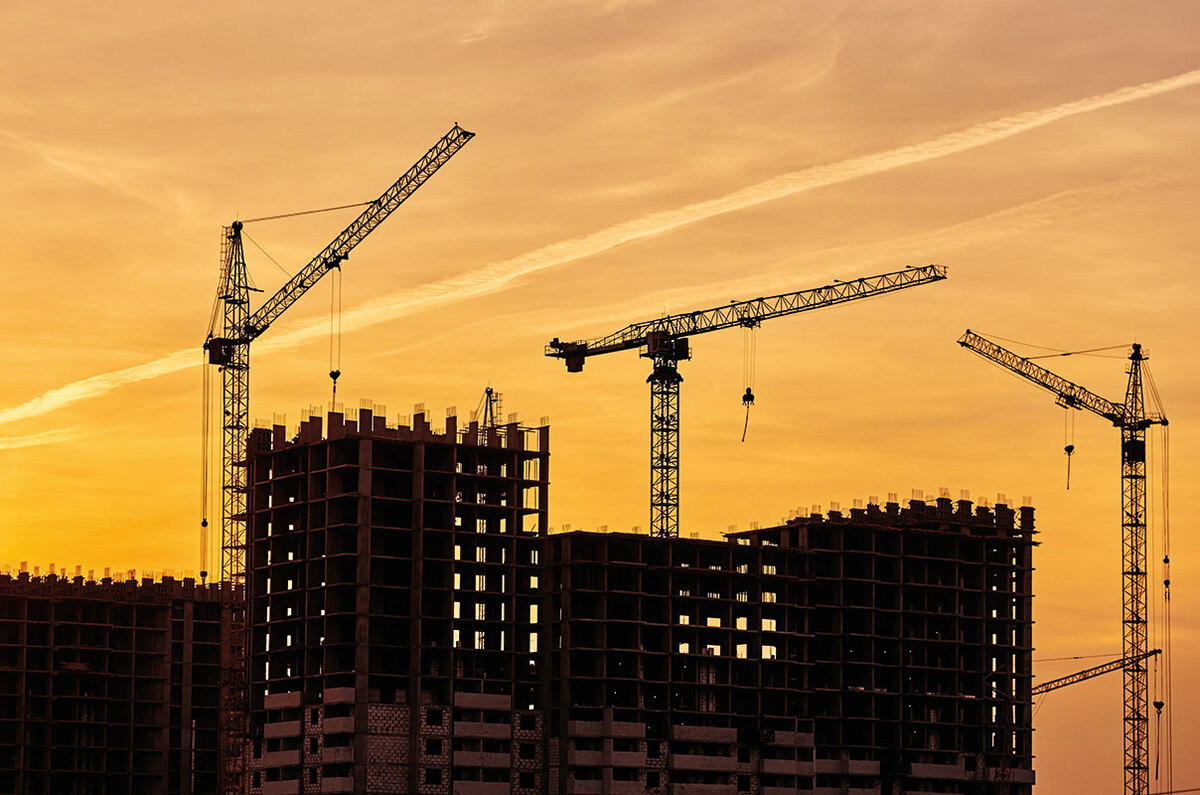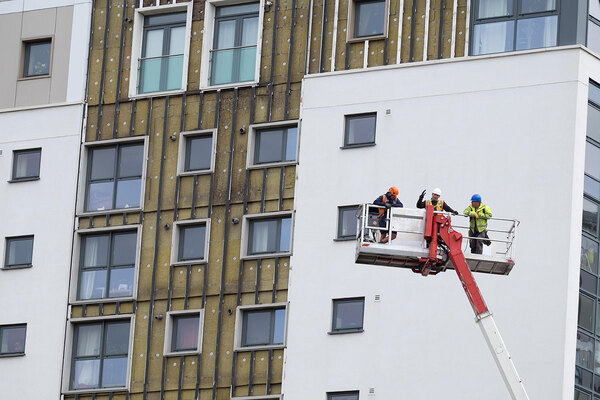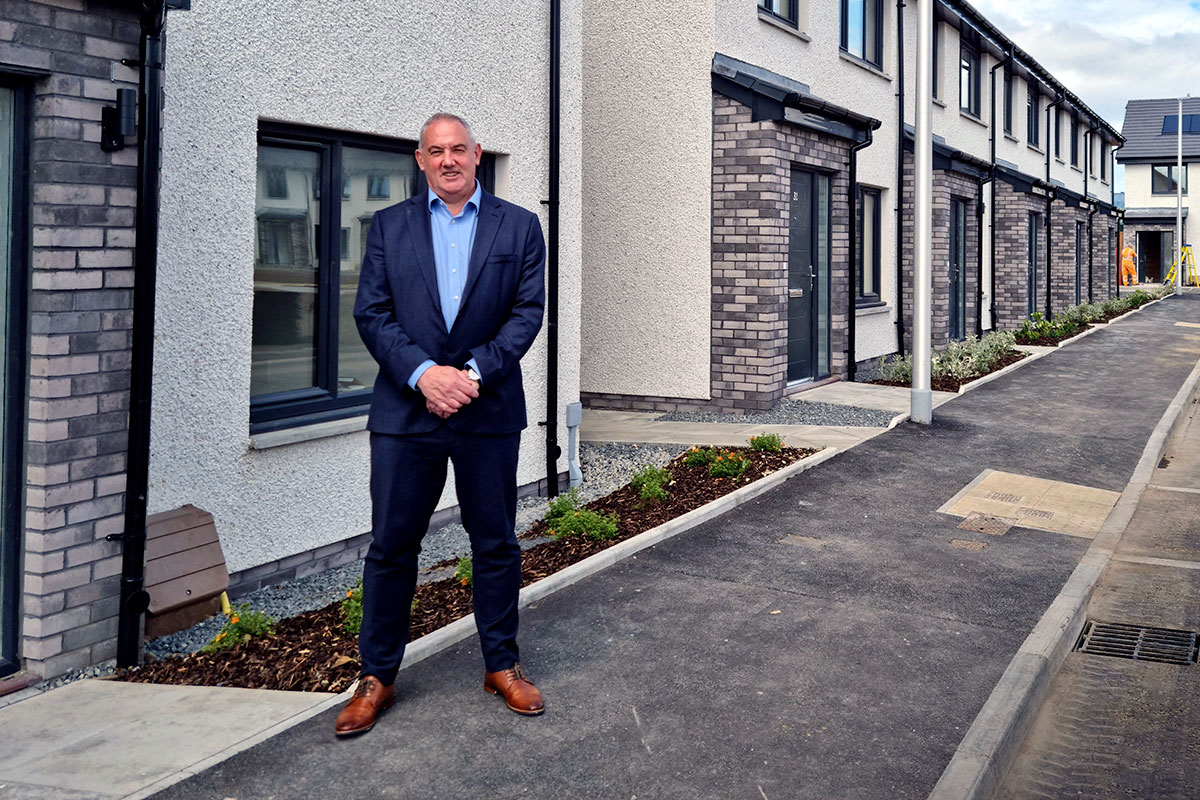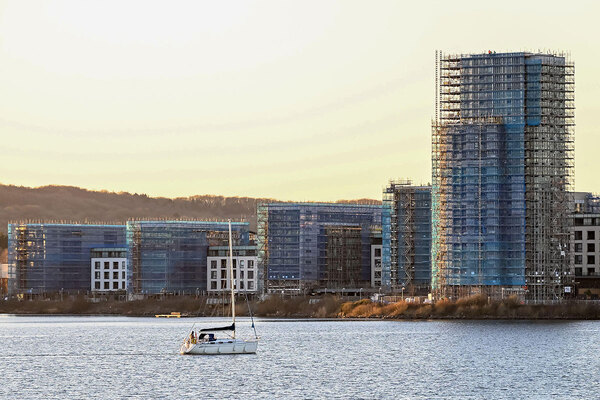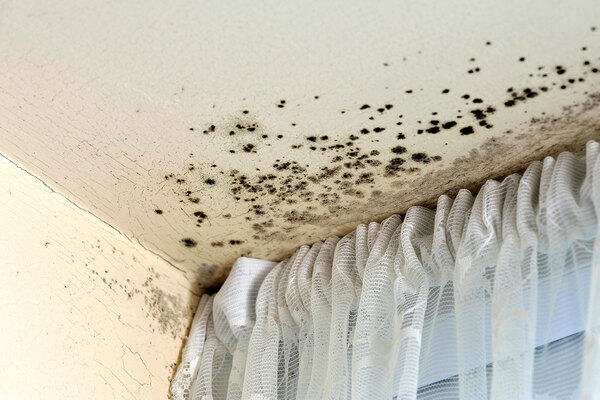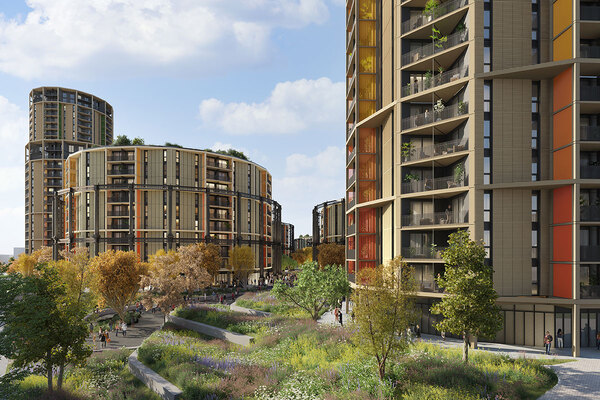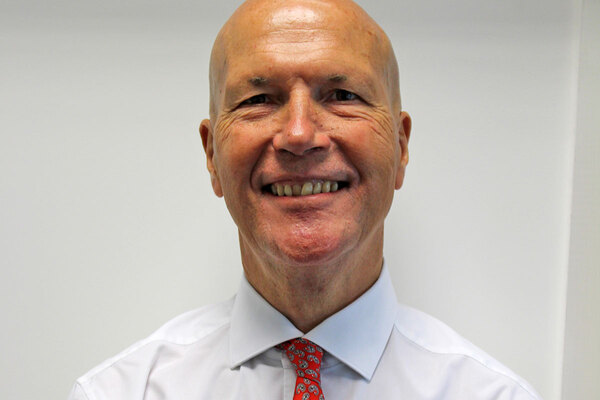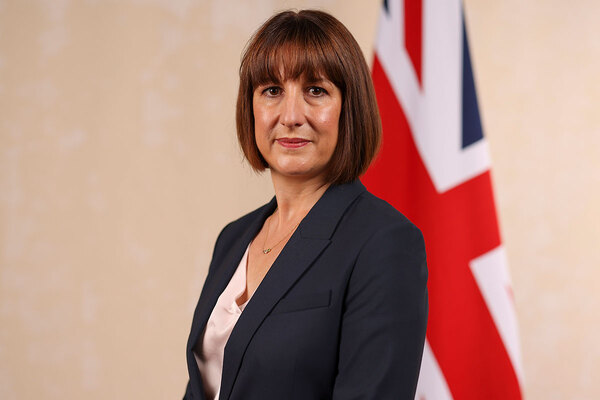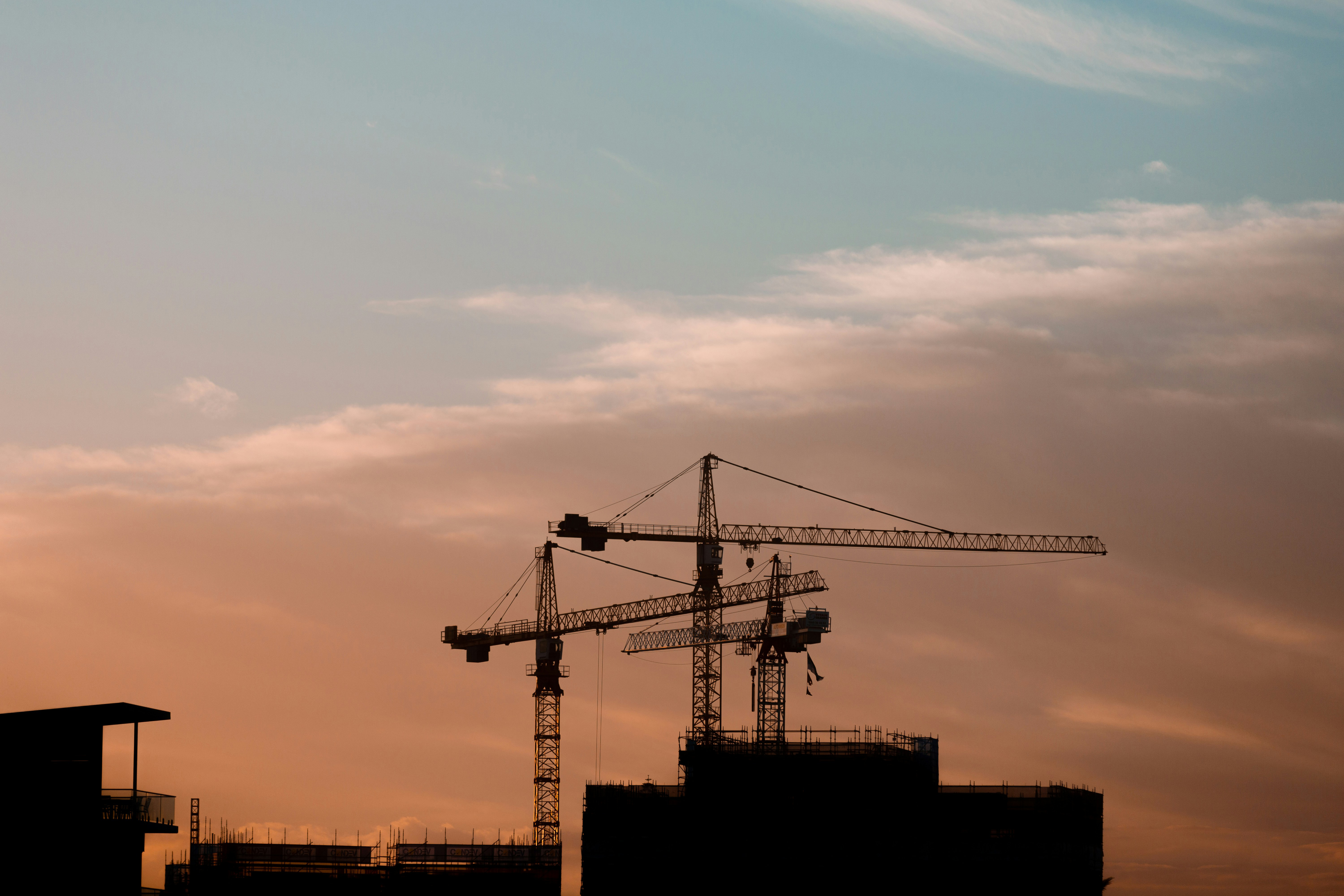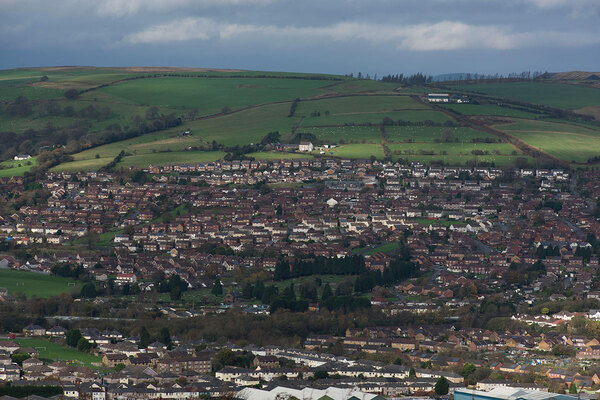UK Treasury consults on devolving powers for Scottish Building Safety Levy
The UK Treasury has outlined plans for devolving powers to Scotland for the creation of its own Building Safety Levy.
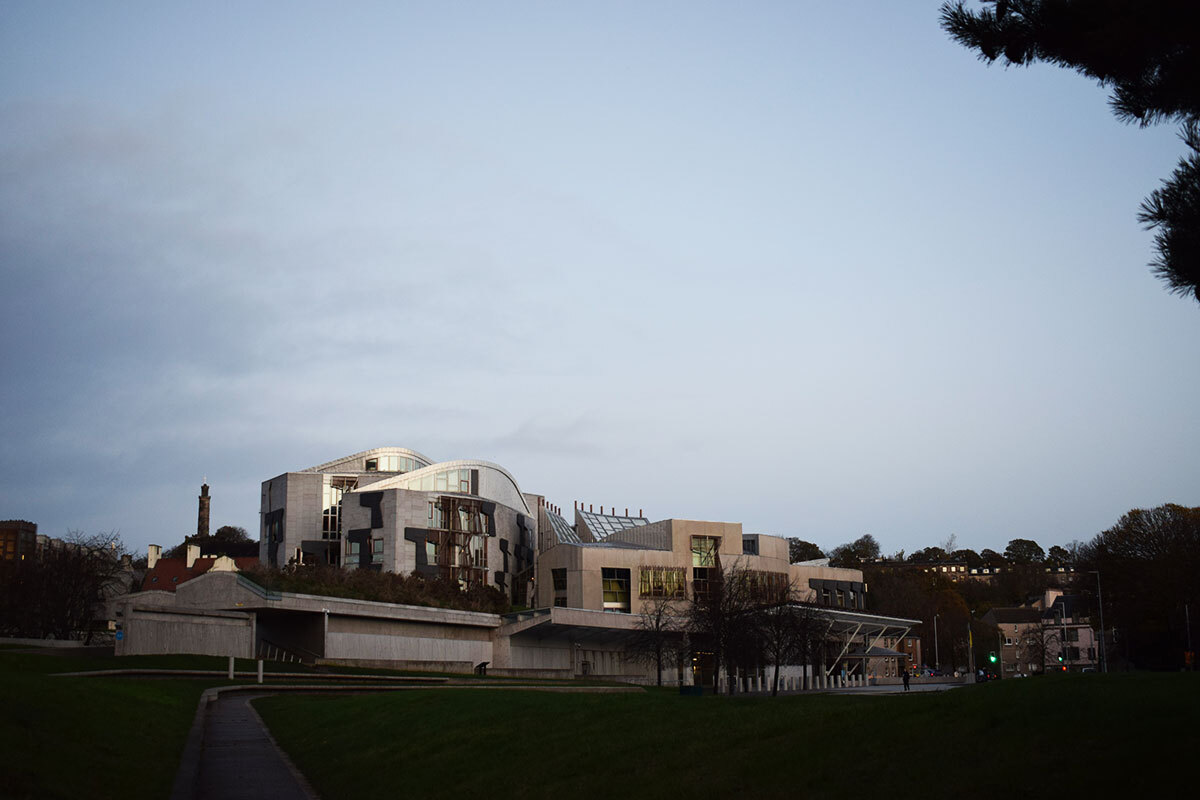
The proposals for a Scottish levy would see developers taxed to raise money for the replacement of dangerous cladding.
Tax-raising powers will have to be approved by Westminster before the devolved Scottish government can introduce them. Scottish first minister Humza Yousaf said he would seek the power to introduce such a levy in September 2023.
In a joint consultation, the Treasury and Scottish government said both administrations face “a similar challenge” to funding remediation works and the tax would complement proposals under way in England.
In England, the levy will apply to new residential buildings, with revenues – expected to be £3bn over 10 years – used to fund remediation of unsafe buildings. A UK-wide levy was ruled out owing to differences in England and Scotland’s housing markets and building control systems.
The Scottish government proposes to bring in the levy on a national basis, as opposed to the English system, which will see revenue collected by local authorities. Revenue Scotland would act as the tax collection body.
In devolving the powers, the UK government said it would consider the potential for the tax to create economic distortions and arbitrage within the single UK housebuilding market.
Once an agreement with the UK government has been reached over the powers, the Scottish government intends to consult on the design of its levy.
There are several proposed exemptions to the levy in England, including affordable housing and small developments of less than 10 units.
The tax will be charged on the floorspace of developments, rather than per unit. It will not be charged on owners who wish to improve their property. The proposals also include a different levy rate for new build on brownfield land.
The consultation will run until 19 February.
The levy is part of a host of building safety measures being pursued in Scotland. A Housing (Cladding Remediation) Bill, currently under scrutiny in the Scottish Parliament, gives ministers the power to assess and remediate unsafe buildings when owners do not consent.
Remediation works will be recorded in a new cladding register, while developers will be encouraged to contribute to remediation for buildings they are associated with.
Last week, Fife Council approved plans to set up a permanent Scottish building standards hub, following a trial that began in May 2022.
The hub works with local authority building standards teams to provide advice and establish consistent positions on fire engineering, structural engineering, environmental and energy. It will be funded by building warrant fees.
Sign up for our Scotland newsletter
Already have an account? Click here to manage your newsletters
